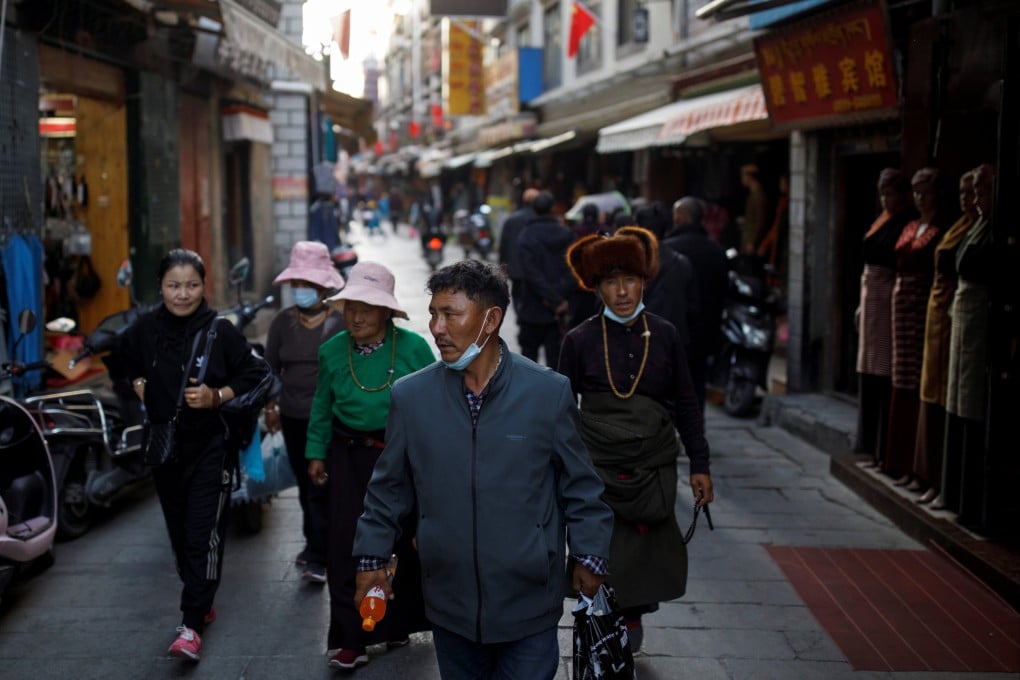Chinese academics want Tibet to be known as Xizang to help ‘reconstruct’ image
- Official seminar told that the international community has been ‘seriously misled’ over region’s ‘geographical scope’
- Xizang is the pinyin, or Chinese romanisation of Mandarin script, for the Tibet autonomous region

The call came during an official seminar on Tibet that was held in Beijing from Monday to Wednesday, according to a report on Tongzhan Xinyu, a WeChat account run by the United Front Work Department, which oversees ethnic and minority affairs.
“To establish China’s dominant position in the international discourse related to Tibet, there is an urgent need for an English translation of ‘Tibet’ that can accurately describe China’s position,” Wang Linping, a professor at Harbin Engineering University’s College of Marxism, was quoted as saying.
He claimed the use of the name Tibet had “seriously misled the international community” over the “geographical scope” of the region.
Wang said the region should instead be referred to as Xizang – the pinyin, or Chinese romanisation of Mandarin script for Tibet.
According to the report, when “Tibet” is used outside China, it “includes not only Tibet but also covers areas in Qinghai, Sichuan, Gansu and Yunnan provinces”.